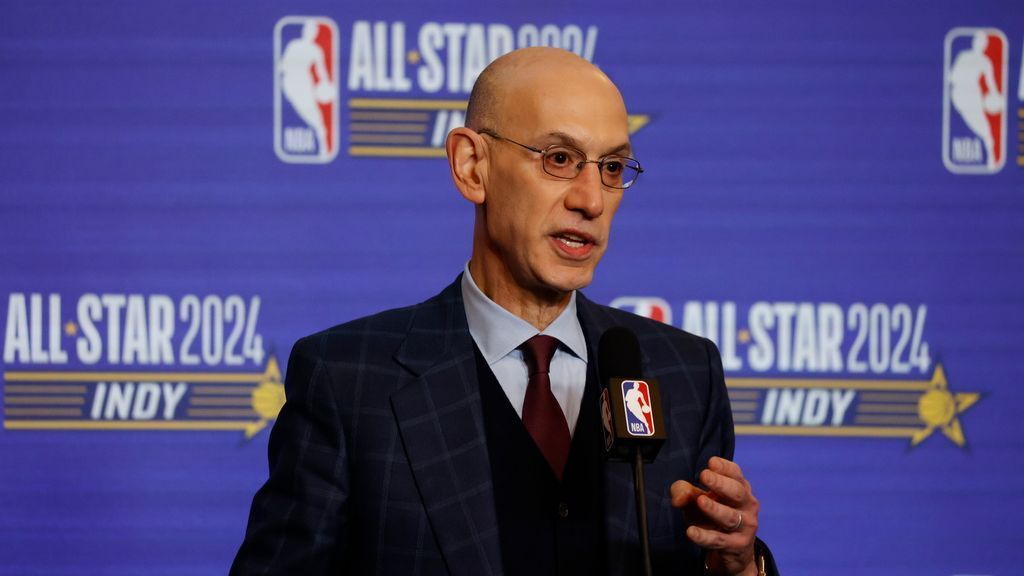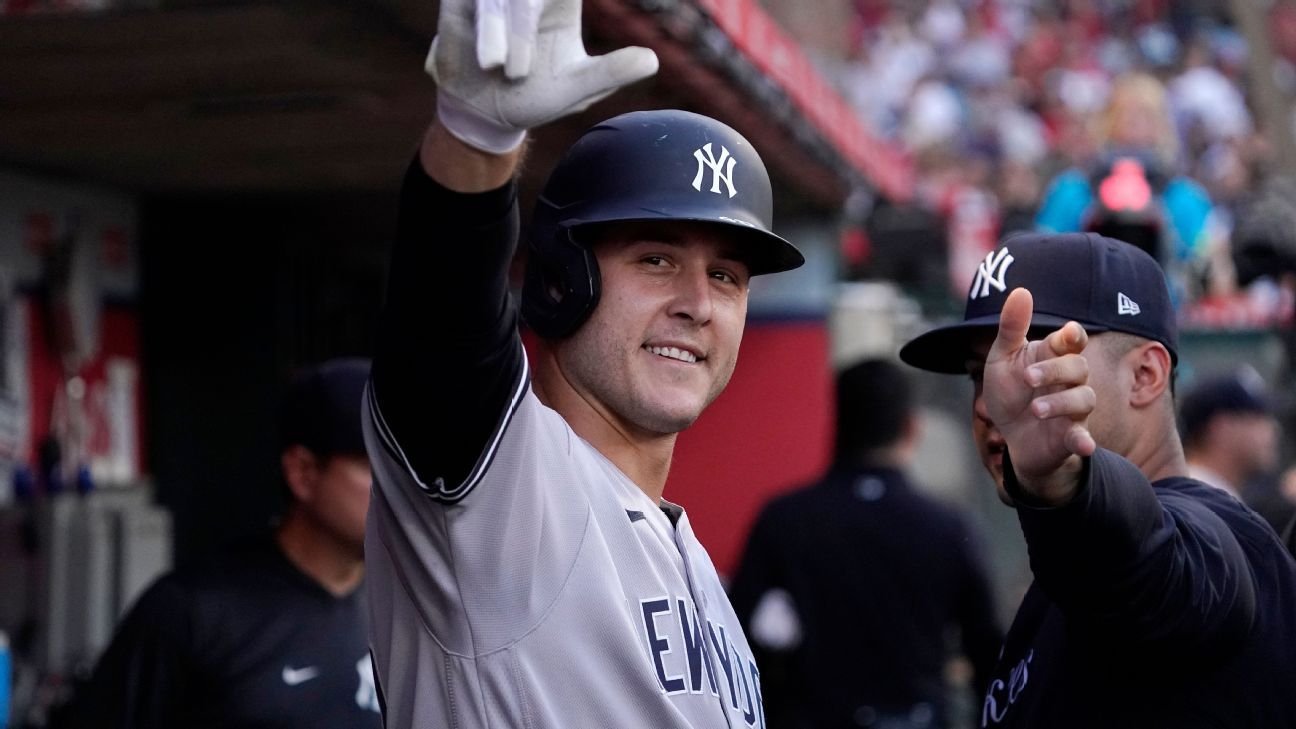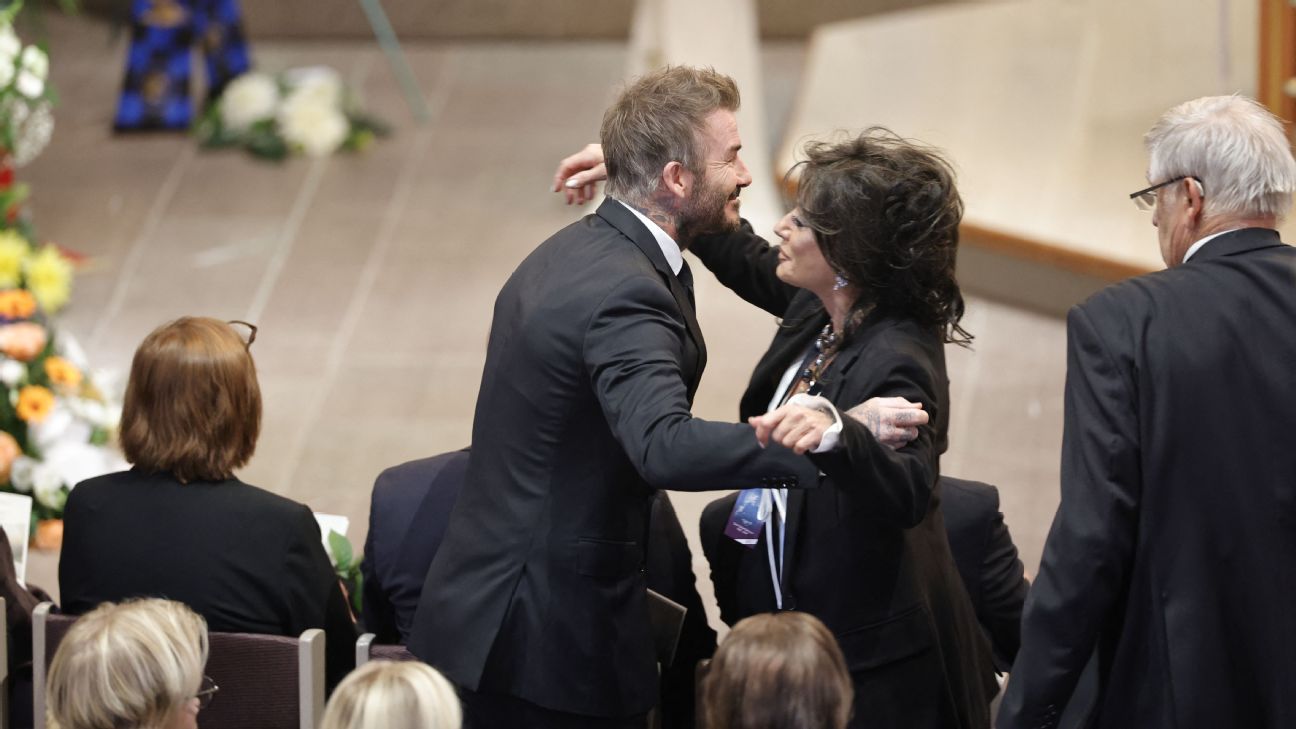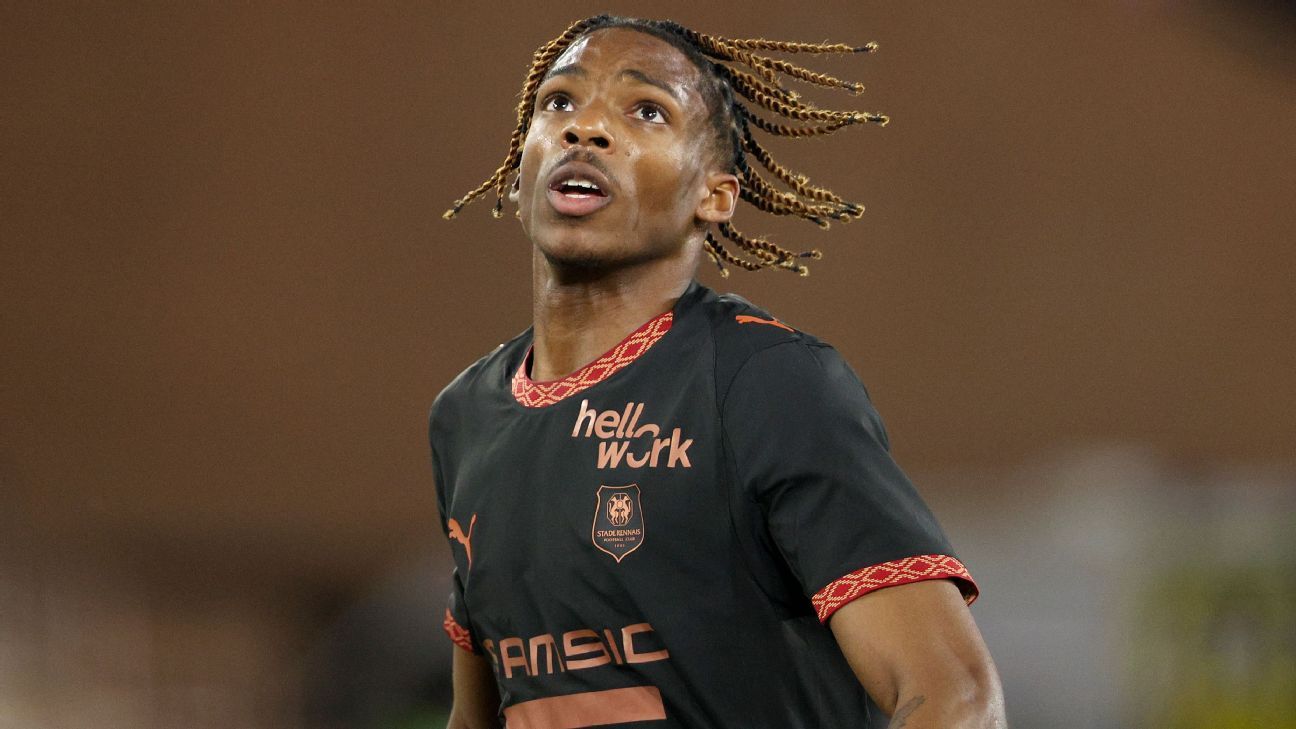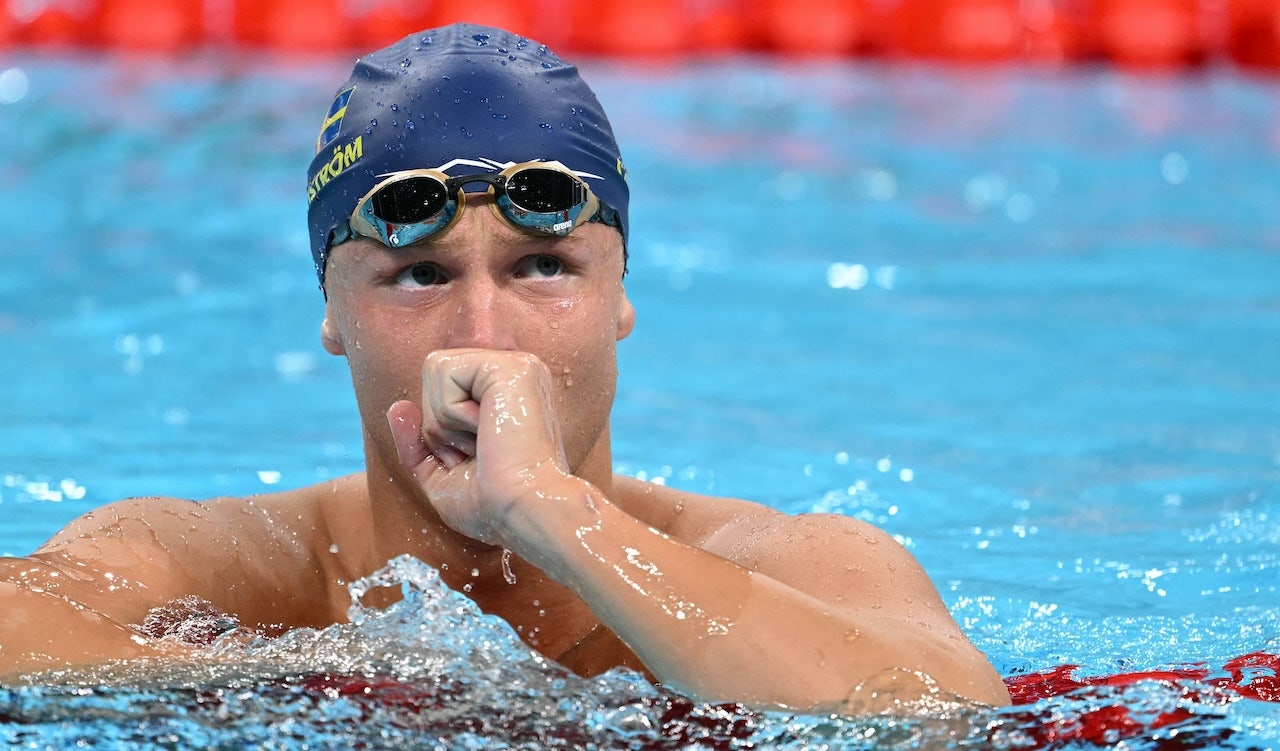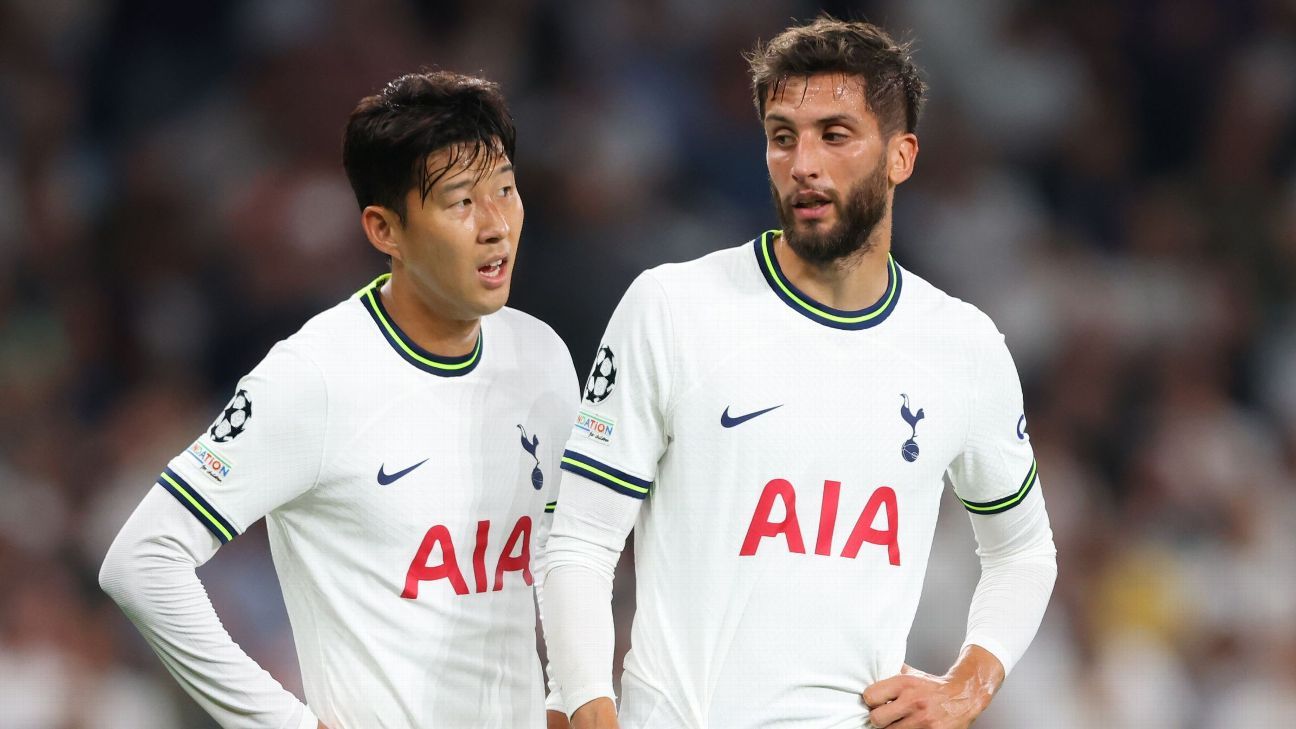INDIANAPOLIS — NBA Commissioner Adam Silver questioned the future of the G League Ignite, saying the introduction of the name, image and likeness into the college basketball landscape has diminished the need for the league to potentially continue with the program.
“I think since that happened, I think we're in the process of re-evaluating Team Ignite,” Silver said Saturday night as part of his annual All-Star Weekend press conference here at Lucas Oil Stadium. . “Because now some of those same players who didn't want to be one-and-done because they felt it was unfair and they wanted the ability to not only make a living playing basketball but also make business deals that weren't available to them in college, hire agents careers, an opportunity that was not available to them in college, now, all of those same opportunities are available to them.
“I'm not sure what the future of Team Ignite is going to be, because there was a gap in the market that we thought we were filling before we did that, and now my focus is on the early development of those players.”
This is the fourth season that Ignite exists. It's a program that was originally created, as Silver said, to provide a path for pre-draft eligible players to receive money to play basketball before they were eligible to enter the NBA due to the league's age limit on prospects.
The league promoted it as an opportunity to give players a significant amount of money before they were eligible to make millions by being drafted into the league, and as a result, the program landed several high-level prospects in recent years.
But the introduction of NIL has allowed college players to earn a lot of money while going to school and has reduced the need for the NBA to create such a program in the league.
And while the program has produced several high draft picks, including Scoot Henderson (No. 3 in 2023), Dyson Daniels (No. 8 in 2022) and Jalen Green (No. 3 in 2021), this season has been difficult. one on the court.
The Ignite have gone 6-31 and have the league's worst offensive rating (102.6 points per 100 possessions) and net rating (-12.7 points per 100 possessions) with a roster that includes several players who are prospects draft eligible.
One of those top draft prospects, Ron Holland, recently told Andscape's Marc Spears that he will not return this season after undergoing thumb surgery, allowing him to fully focus on preparing for the NBA draft.
Silver also spoke about the state of the entire American youth basketball system, something he previously cited as a concern, and said it could be an area the league will focus on in the future.
“If you look now at what we're seeing in terms of about 30 percent of the league, players born outside the United States, it's clear that the development is very different in many of those programs outside the United States.” Silver said. “[There’s] more focus on practice, less focus on games, which seems to be the opposite of a lot of the youth programs in the United States.
“I think now that we've started conversations with the NCAA, the vast majority of the best players will play in college and never play in the NBA, of course, so we have a common interest in just improving the game, developing players. “
“[Players are] Making it to the league is incredibly skilled,” Silver continued. “But that doesn't necessarily translate to being team basketball players. And then what I hear from some of those same coaches who may be complaining about their inability to play defense is that these players are not as prepared as I would like them to be, particularly as very high draft picks.”
Silver also addressed several other topics, including:
• In the midst of a season in which there has been a lot of discussion about the referees (including Jacyn Goble incorrectly calling a foul on New York Knicks star Jalen Brunson to give the Houston Rockets a win on Monday night ), Silver said the league will get better. communication between referees and players to be a “real area of focus” in the future.
“I'm very sympathetic to players who feel like a referee blew a call, and sometimes they do, and I'm incredibly sympathetic to officials who have some of the toughest jobs in sports and are under a microscope and occasionally, of course, “We miss calls and we recognize when they do,” Silver said. “I think what frustrates me the most is precisely the problems you're talking about: the communication problems between players and officials. I feel like it's an area where we should be able to do a better job, both ways.
“There just has to be a two-way sense of respect. I sympathize with the frustration and feel like it's an area where we can make progress.”
• Silver said he was “unsure” whether supermax eligibility should be decoupled from the media voting process for awards, adding that while there has been much discussion about the merits of the 65-game eligibility rule for voting Only time will tell if this is the case. labor.
“The idea was that we needed to further incentivize players, particularly star players, to play more games,” Silver said. “So I'm not ready to say that it's not working so far. I can tell you that the number of games that players have participated in has increased this season and, interestingly, injuries have actually decreased. Is this significant data? ? I do not know yet.
“I think the right time to take a deeper look at this rule is at the end of the season, when we at least have a year under our belt.”
• Silver rejected the idea of increasing the size of the All-Star Game roster, saying it wasn't necessary to go from 24 total (12 in each conference) to 30 (15 in each conference) to mimic the change in roster size. staff around the world. league.
“There are no plans now to add positions to the roster,” Silver said. “I think part of the problem is that, although you are right, we have expanded the number of teams, we have not expanded the number of minutes and there is still only one ball. And then the question is how to distribute those minutes among the All-Stars?
“Also, I think when we sit down with the players and discuss this during negotiations, there's that sense of specialness in being an All-Star or being one of 24 versus being one of a bigger number.”

